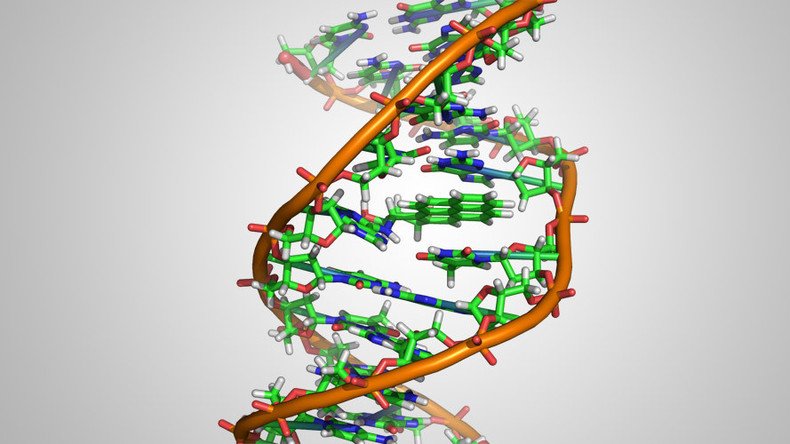800 DNA & fingerprint records of suspected terrorists ‘accidently deleted’ by police

Police have accidentally deleted the DNA and fingerprint evidence of up to 800 terror suspects due to an administrative error.
The important material was accidentally thrown out because the correct paperwork had not been submitted, according to a report by the Telegraph.
Current rules state that evidence must be destroyed after six months if the subject has committed no offence.
However, special legislation allows for the information to be kept indefinitely if an application is made to have it deemed of national security importance. In this case the application was not submitted on time and the material was destroyed.
The error first came to light in March when it was reported only 450 files were affected, but a new report says the number of lost samples could be as high as 810.
Biometrics Commissioner Alastair MacGregor QC told the BBC on Friday that up to 108 files would have been approved for indefinite retention on national security grounds.
MacGregor said it is “obviously very important” that measures be taken to “establish whether – and, if so, how – replacement material should be obtained from those individuals.”
In March, the police database was revealed to contain up to 7,800 samples relating to terror suspects. MacGregor revealed the figure, which is higher than expected, in his annual report at the time.
Home Affairs Committee Chair Keith Vaz told the Week magazine that the Home Office needs to “get a grip” on the issue of biometric evidence.
The watchdog’s report indicates the number of biometric records kept on the counter-terror database has risen from 6,500 identified individuals in October 2013.
More than half of the people identified on the list – some 55 percent, or 4,350 – have never been convicted with an offense.












